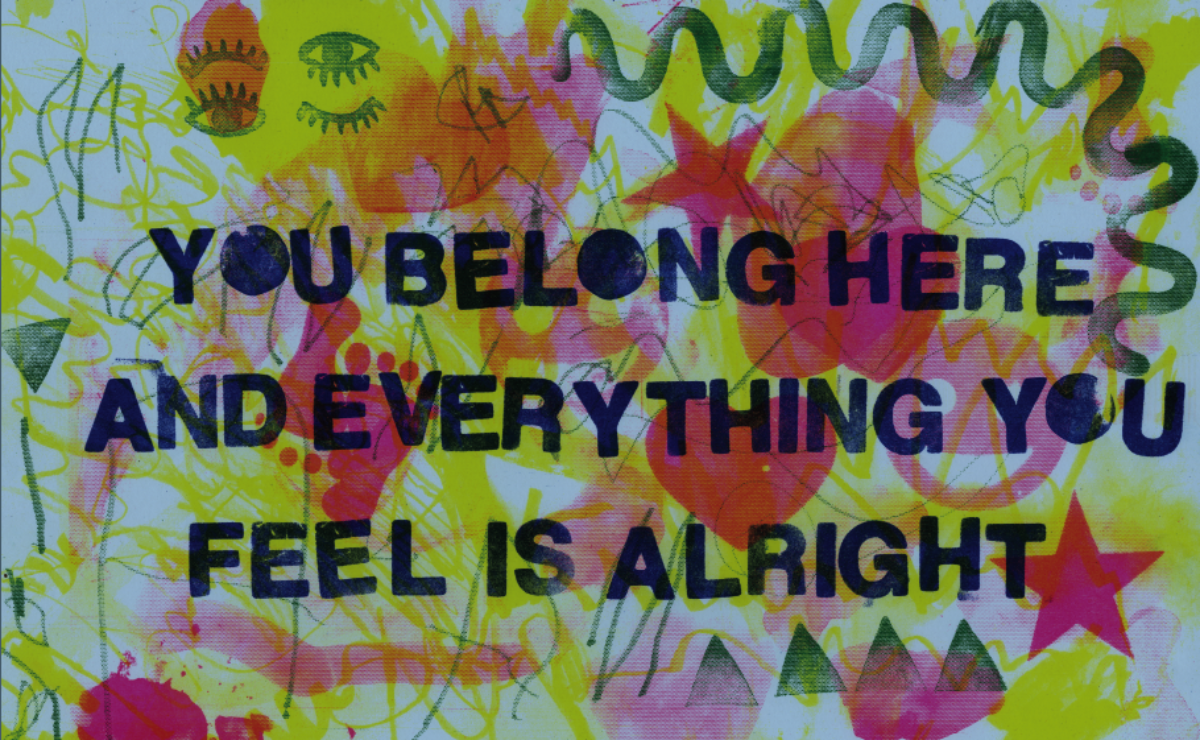Anything feminine in America and westernized civilizations is deemed weak. Especially if you do not fit the criteria to be feminine, despite women showing their strength throughout history Women experience massive amounts of oppression and sexism in society. The oppression is as far as financial oppression. White women make about 85 cents to the man’s dollar. Women of color experience even more disparities being as they make less to every dollar of a white woman. These sexist and racial disparities are all too common in American society and the lack of representation is nothing new.
The gender wage gap isn’t a new subject made this century. It is a topic spoken about for decades. Countless women have fought for equality and equity within the workforce. Each one faced their own difficulties and contributed to what we have today. However, there is still work to be done. The gender wage gap is now seen as a taboo topic but there are subjects with the movement itself that aren’t spoken about or highlighted. Within America, there are many racial and ethic groups. Each one may differ culturally, linguistically and with the amount of representation. Equal representation is a persistent problem in America. This problem can be reflected within the Asian and Pacific Islander (AAPI) communities. AAPI women face the same problem as any other woman of color between the racial and sexist oppression of the wage gap. They experience erasure. AAPI women face the stereotypical Asain minority myth with the assumption that all AAPI women have reached financial and economic success. This stereotype leaves AAPI women who face poverty and other economic or societal struggles out the conversations. AAPI women are also more likely to work in service, sales or office jobs compared to their male counterparts. This as well isn’t properly represented and is an important topic. These workers are typically faced with low wages, little to no benefits, no job security and a lack of compassion from the general public as well as employers.
Another problem that women face in the gender wage gap is equity. The fact that women do not receive the same pay as their male counterparts isn’t a new topic. Some may say the gender wage problem is only prevalent without education. However, even when women obtain their highschool diploma, bachelors or masters degrees they continue to face wage disparities. Black women with their bachelors degree earn about 65.14% of each dollar earned by their male counterparts. Latina women 62.73%, Native American women 52.7% and white women do not face these issues. These women strive for economic advancement and are met with so many obstacles along the way.
The gender wage gap isn’t an issue that is solely about women not getting paid equal to men. There are many issues that haven’t been addressed publicly or haven’t been equally represented. The disparities women of color face is a movement itself. The movement will progress as each woman is equally represented and when the workforce is equitable to each woman despite their occupation.
